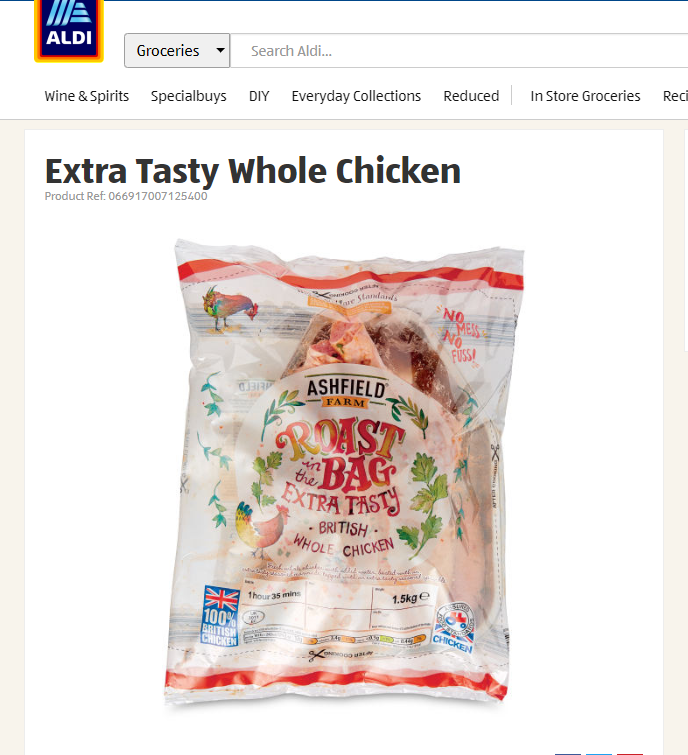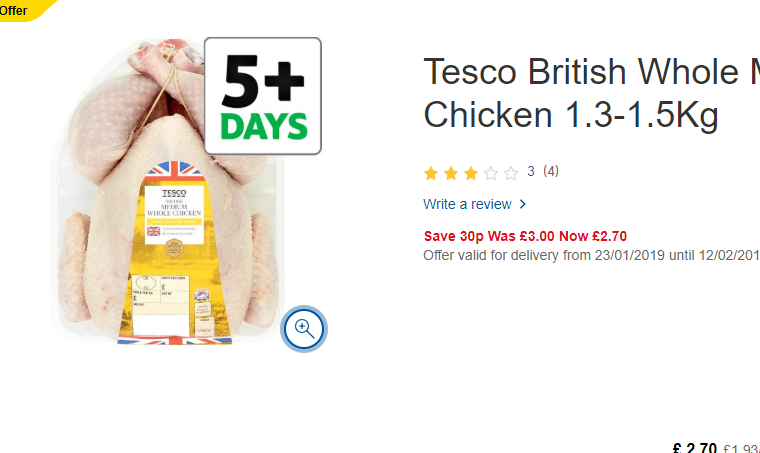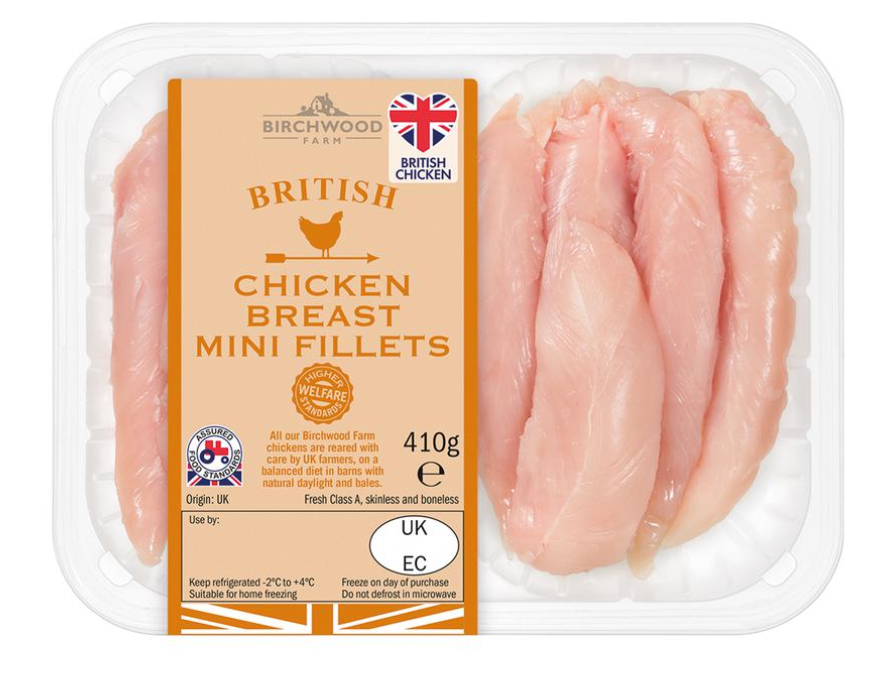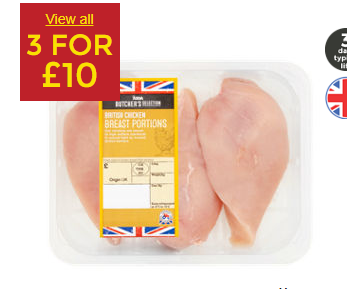Supermarkets ‘trick customers into buying chickens that suffered in industrial farming’
Exclusive: Big stores use tactics such as misleading labelling and putting high-welfare meat on less prominent shelves, RSPCA says
Your support helps us to tell the story
From reproductive rights to climate change to Big Tech, The Independent is on the ground when the story is developing. Whether it's investigating the financials of Elon Musk's pro-Trump PAC or producing our latest documentary, 'The A Word', which shines a light on the American women fighting for reproductive rights, we know how important it is to parse out the facts from the messaging.
At such a critical moment in US history, we need reporters on the ground. Your donation allows us to keep sending journalists to speak to both sides of the story.
The Independent is trusted by Americans across the entire political spectrum. And unlike many other quality news outlets, we choose not to lock Americans out of our reporting and analysis with paywalls. We believe quality journalism should be available to everyone, paid for by those who can afford it.
Your support makes all the difference.Supermarkets are luring shoppers into buying chicken reared in “grim” factory farms with a string of tactics including making out that the birds were free-range, the RSPCA claims.
The animal-welfare charity claims that the big retailers are still failing on chicken welfare a decade on from campaigns by celebrity chefs Hugh Fearnley-Whittingstall and Jamie Oliver to improve standards.
Research from the RSPCA says the most popular supermarkets encourage consumers to buy chickens that have suffered in industrial-style systems, with strategies such as:
● Some intensively reared chicken was labelled “higher standards”
● Some had photos giving the misleading impression the bird was reared outdoors
● Putting higher welfare chicken in less prominent shelf positions
● Special offers on only factory-farmed chicken – found in all supermarkets except Waitrose
● “Excessive” price differences of up to £3.40 a kg between intensively reared and free-range
Asda and Aldi had own-brand packs marked “higher welfare standards”, and Lidl featured a golden stamp saying “higher welfare”, the researchers claimed.
And while Sainsbury’s offered more choice of higher welfare cuts, some smaller local stores apparently had no higher welfare options at all.
Shoppers spend five times more – £1.5bn – on intensively reared chicken, mostly unknowingly, than on birds raised in higher standards, including RSPCA Assured, organic and free-range, the report said.
But a poll found 86 per cent of those questioned said they expected supermarkets, including Tesco and Morrisons, to ensure the chicken they sold was higher welfare.
In 2008 Hugh’s Chicken Run and Jamie’s Fowl Dinners revealed how factory-farmed birds were reared in “squalid” barns where the overcrowding makes them ill and fast-growing breeding makes them crippled.
Claire Williams, of the RSPCA, said: “Supermarkets were quick to promise better welfare but 10 years later we’ve not made much meaningful progress. Although shoppers believe they’re buying higher welfare, most birds sold are intensively reared indoors.”

The study claims that some packaging of factory-farmed chicken was marked “higher-welfare” or had images suggesting birds were free-range.
The RSPCA wants to see compulsory method-of-production labelling after Brexit.
Experts say popular breeds of chicken struggle to walk and can suffer heart defects, and that a grown factory-farm bird has less space than a caged egg-laying hen.

“Some supermarkets sell higher welfare chickens for just 71p more per kg, proving better chicken doesn’t have to cost much more,” said Ms Williams.
A Sainsbury’s spokesperson referred to its policies, saying: “As the UK’s biggest retailer of RSPCA Assured products, ensuring high animal welfare standards is important to our customers and to us. While we share commitments to improving animal welfare practices, we have also explained we believe a different approach is more effective.

“We’ve created a cycle of measuring, managing and continuously improving the health and welfare of our animals based on a range of welfare indicators, which we’ve created in collaboration with our farmers for each species, and we believe the results speak for themselves.”
A spokesperson for Co-op said: “Shoppers want food that is responsibly sourced, maintains welfare standards and is competitive on price. We only use British chicken and offer choice to customers with premium birds, which are RSPCA certified, while all our poultry meets the Red Tractor Farm assurance standards in line with other major supermarkets.”

Tesco declined to comment but referred to its animal-welfare policies.
Lidl and Asda referred to a statement by the British Retail Consortium, which said: “Our members take their responsibilities to animal welfare very seriously and would never compromise customers’ expectations by offering lower standards. They are committed to upholding high animal-welfare standards whilst offering great value.”
An Aldi spokesperson said: “We are the largest retailer of RSPCA Assured chicken by volume and all our Specially Selected fresh chicken is free-range and sourced from RSPCA Assured farms.
Aldi also sells indoor-reared fresh chicken sourced from Red Tractor assured farms, she said, adding: “The welfare measures used during rearing exceed this industry standard as our own animal welfare policy requires the birds to have access to natural light and environmental enrichment such as hay bales.”
Waitrose said its “entry level” chicken had more daylight and space than birds elsewhere, as well as environmental enrichment, and beak-trimming was not carried out on any of its flocks.
Morrisons did not respond to requests to comment.

Join our commenting forum
Join thought-provoking conversations, follow other Independent readers and see their replies
Comments